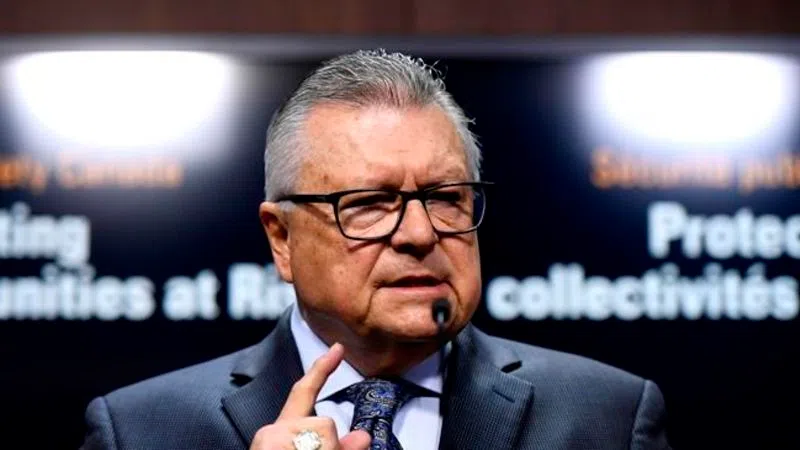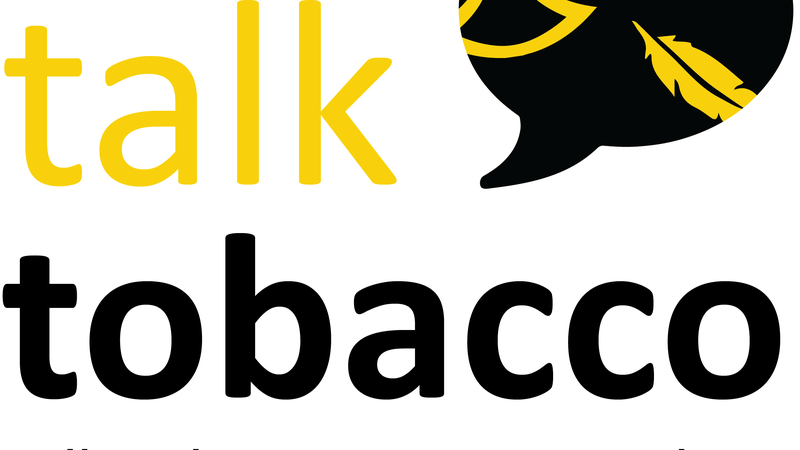
Ottawa asks U.S. to note cannabis pardons to ensure accurate picture
Ottawa is encouraging Washington to take careful note of criminal pardons granted to Canadians for pot possession so that U.S. officers have the most accurate information when deciding whether to let people cross the border.
Public Safety Minister Ralph Goodale says he made the point to a receptive Kevin McAleenan, the acting U.S. secretary of homeland security, during a meeting in Washington this week.
“It is important for the records that are kept on the American side to reflect the accurate legal status of Canadians,” Goodale said in an interview.
Parliament is studying a government bill that would ease the process of obtaining a pardon for possessing a small amount of cannabis now that recreational use of the drug is legal in Canada.



